
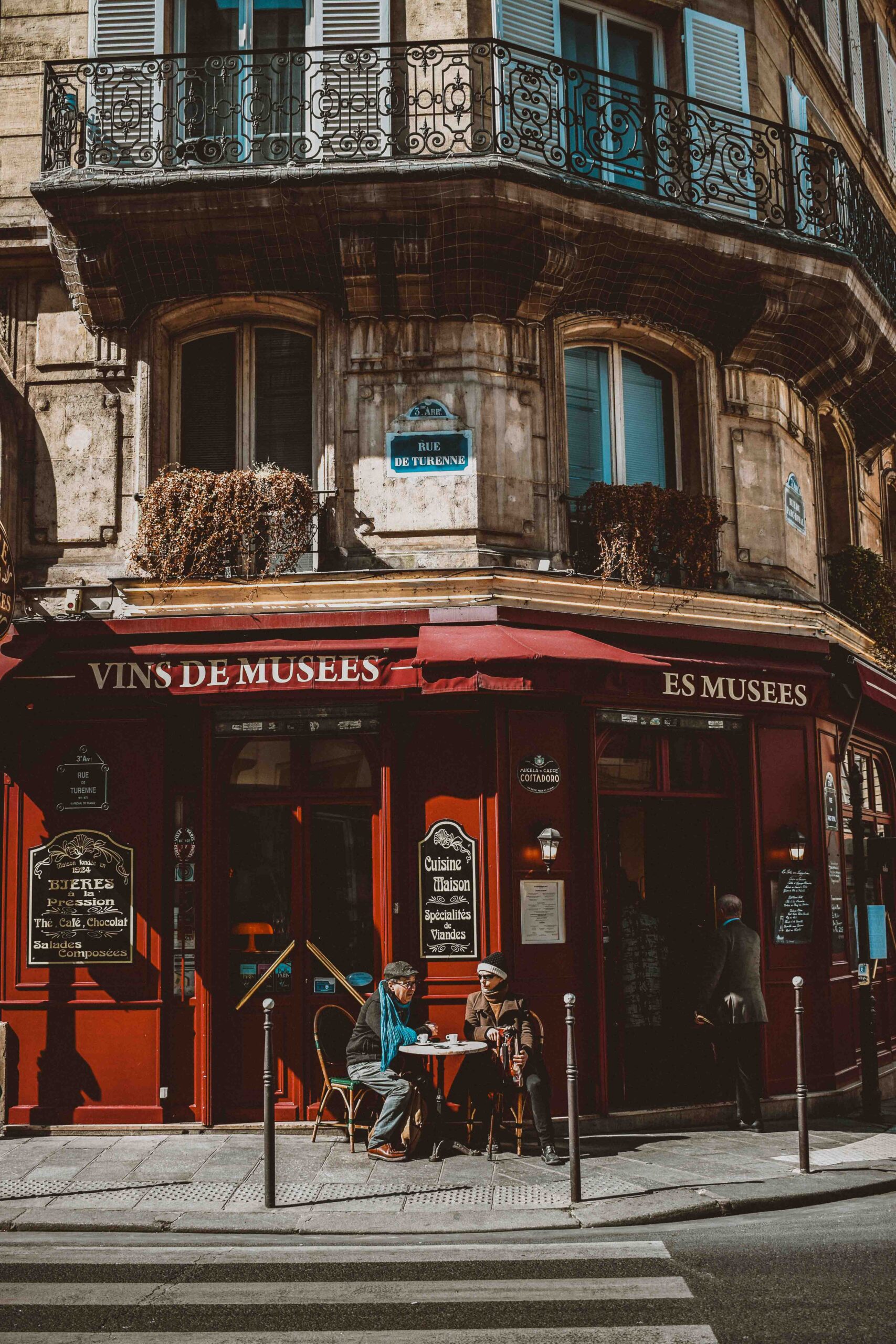
On a typical Tuesday morning in Paris, the air is filled with the sounds of laughter and friendly chit-chat as parents gather at cafes after dropping off their kids at school.
These are not just stay-at-home parents; they are ordinary working individuals who are in no hurry to rush off to the office.
As midday approaches, offices start to empty, and restaurants become bustling with activity. Colleagues sit down to enjoy a leisurely multi-course lunch, where personal connections are fostered. Perhaps a glass of wine is even ordered, and the topic of work is strictly off-limits.
You can put money on the fact that there’s no one left in the office slumped over their computer typing with one hand and shoveling their lunch into their mouth mindlessly with the other.
This isn’t to say the French aren’t hard workers, they work hard. However, they place great importance on maintaining a balanced lifestyle. They wholeheartedly embrace the concept of “joie de vivre,” or the joy of living, which aligns seamlessly with the notion of conscious living.
Luckily for them, this mindset is deeply rooted in their culture, rather than something that needs to be learned in adulthood. They deeply cherish and value this privilege, which is why they hold it close to their hearts and protect it.
So what can we, the people who don’t come from a culture that teaches the concepts from a young age, learn from the French and “joie de vivre”? It turns out a lot, we can easily adopt some of the French practices into our daily life regardless of where we live to find more joy and fulfillment in our lives.
Before we get into the different conscious living concepts we can take from the French, it’s important to note that it’s called joie de vivre, the JOY of living not the Happiness of Living.
This is actually the first thing we can learn from the French, that joy and happiness are not the same thing. As Ajiri Aki points out in her book, Joie: A Parisian’s Guide to Celebrating the Good Life, Happiness is a fleeting state of being whereas joy can be persistent. She says,
“Happiness is a state of being. It is surface level, immediate, and can be fleeting: the sun is out and I’m leaving for vacation tomorrow; I am happy in this moment.
Joy on the other hand is something deeper, less vulnerable to the inevitable ebbs and flows of daily life. In other words, you might not be happy but you can still access joy”
To put this into more context, you might be having a horrible day at work and are super unhappy about something going on with a project, but when you sit down to eat lunch you lean into the joys of taking a break and engaging with the world around you.
The next lesson we can learn from the French is to slow down and make time for yourself every day. Going back to the scene from the coffee shop- these parents were not in a rush to get to the office, they took a moment for themselves to enjoy a coffee and croissant while conversing with other parents before heading off to work.
When it was time for lunch, it’s certain that they didn’t think twice about taking their lunch break to sit down at a real table enjoying a delicious meal and maybe even a glass of wine, this happens regardless of if they had an important deadline or a huge project to finish. They trust they’ll get it done after.
The art of taking your time, slowing down, or simply just being isn’t always easy when you’re used to a fast-paced always-on life, but it’s something we can learn.
The biggest hurdle coming from an Americanized mindset is that time is money and that implies that if you’re resting you could be missing something. It seems like free time has been replaced with side hustles, and even the hobbies that we do for fun should be turned into monetized gigs— and while there’s nothing wrong with wanting to create a little extra income for yourself, it’s important to let yourself just be sometimes.
Taking rest doesn’t mean you won’t get the things done that need to be done, it simply means that you’re valuing the journey and taking time for the simple pleasures that everyday life offers.
Even on the weekends, we tend to pack our schedules with yoga classes, errands, shuttling kids to practices, and other obligations it’s rare that we have a few hours, let alone a whole day to simply just be.
In France, there’s a similar concept to the Italian Il Dolce Far Neinte, which means the sweetness of doing nothing, and it’s called L’art d’être, which means the art of being.
It’s not unusual for Parisians to head out into the city on a leisurely stroll with no destination in mind, lounging in the park, or lingering at a coffee shop for hours watching the people strolling by. People are very ok with just being rather than always having to be doing. This is core to joie de vivre.
While we don’t all have the privilege to step out of our houses to head out on an aimless stroll through Paris, we can all create moments of just being for ourselves.
Whether that be taking 10 minutes in the morning to brew a cup of coffee or tea and read a few pages in a book, or enjoying a breakfast sitting down with your partner before starting work. On the weekend you can set a couple of hours aside to go for a walk, window shop, or lie in the park with a book.
There are millions of ways to create moments for yourself in your life, but the biggest thing will be overcoming the nagging feeling that you should be being productive rather than taking this leisurely time for yourself, but sometimes it’s during the leisurely moments of nothingness that we have our best ideas or meet the most interesting people.
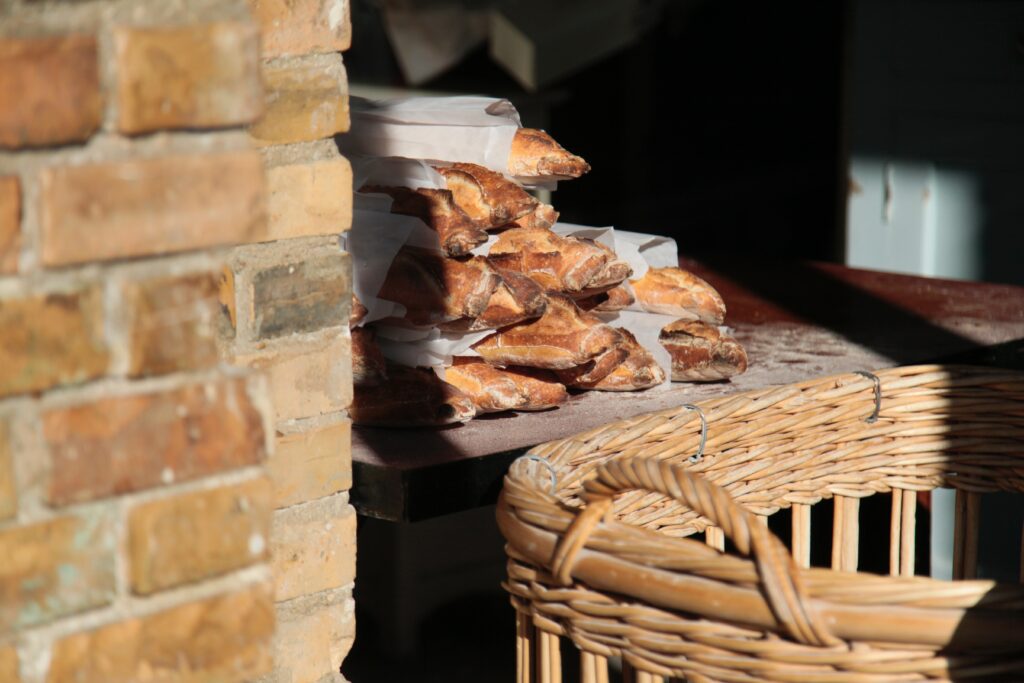
On a walk in any given town in France, regardless of if it’s Paris or a small town in Normandy, you’ll come across a pungent smell from the Fromagerie, or overhear someone asking the butcher for a big enough cut for feeding 6 people. You can wander into a Magasin de vin tasting wines before you buy them, or stop by an epicerie to pick up artisanal locally made products.
The small stores are alive and well in France, that’s because the French know that there’s something innately joyful about quality. From locally grown produce or artisanal goods, it feels good to have and use these things in our lives.
Even if it’s less convenient, the French would rather go to 3-4 small specialty stores to buy their goods rather than one supermarket. They take pride in learning about the things that they buy knowing that they’re getting quality.
This isn’t just true in their food, although it’s an extremely important part of their food habits, it goes along with everything in their lives. From the objects they buy for their homes, to their fashion. Buying quality over quantity means that everything in their life can bring them a moment of joy when they use it. From unique dishes that they set their tables with, to a mohair vintage sweater that they wear time and time again in the colder months.
The other thing to note is because they favor quality objects they don’t wait for a special occasion to use their “good china” so to speak, they use it every day.
Now if you’re thinking that you need to be wealth-off to afford quality things, let me encourage you to think again about that. You don’t need to be a French socialite to bring quality items into your life, quality doesn’t always need to mean expensive.
To start you need to buy less when you buy better quality because they last longer. Rather than needing to buy a new wardrobe every year because your fast fashion garments are starting to fall apart, you’ll have a timeless collection that can be added to if you find something that brings you joy but you don’t need to buy anything out of pure necessity.
To put this in concrete terms, buying a quality wool sweater that costs $100 but last you 10 years will cost less than needing to replace your $25 sweater every year for 10 years (This puts you at $250 total spent) and that’s if your cheap sweater last the entire year before it starts to pill and pull apart.
Not only is it economically responsible, but you’ll start to find that everything in your life will serve as small moments of joy because they will be intrinsically connected to memories, either from when you bought them or from all the wonderful experiences you’ve had wearing or using them.
"Happiness is a state of being. It is surface level, immediate, and can be fleeting: the sun is out and I'm leaving for vacation tomorrow; I am happy in this moment. Joy on the other hand is something deeper, less vulnerable to the inevitable ebbs and flows of daily life. In other words, you might not be happy but you can still access joy" - Ajiri Aki
When it comes to food buying quality ingredients is key for the French. They would never dream of throwing in a frozen pizza and calling that dinner. While with food it’s not as simple as you can keep it longer so it’s worth springing for the better quality, but there are actually other benefits that make buying quality ingredients.
To start when you buy your produce from the farmer’s market or specialty store, you’re getting quality food that tends to mean you’ll give a little more care to the meal you make with it, making not only a more nutritious meal, but a more conscious approach towards eating.
This type of meal tends to keep you full longer, so while you’ll be spending a little extra on the produce, you won’t feel the need to head back into the kitchen later in the evening to snack.
The second thing is the psychological benefit that comes from interacting with the experts. The owners of specialty stores, or the farmers who bring their bounty to the farmers market love to share their passion with their customers.
This simple interaction of shared knowledge brings another moment of joy into an otherwise mundane daily activity. (there are not many joyful interactions in a typical grocery store)
Start by making a conscious decision to be more mindful about what you are purchasing and where you’re getting it from.
When it comes to objects and fashion think long-term and if using them will bring you joy, or are just meh.
You don’t need to overall everything in your life at once. It’s a marathon, not a sprint. If something breaks or is no longer of use rather than rush to replace it with the first or cheapest thing you find, wait till you find something that truly sparks joy, something you’ll keep for the long term.
For ingredients and specialty, goods create a weekly or daily ritual if you truly want to adopt the French way, of making your rounds to the specialty stores to get the ingredients you need for that day’s meals, try to avoid buying in bulk and buy as fresh as possible.
Ask questions about the things you’re going to consume, learn about them, then share this knowledge with whoever you’re sharing it with.
Overall try to value quality over convenience or price.
Back to our early morning pitstop at the Parisian cafe, this scene is showing us yet another key to the Joie De Vivre- gathering.
While we all have gatherings built into our lives like holiday dinners or birthday parties, the French have gatherings built into their daily lives and multiple times a day- but it’s not just the act of coming together that sets this apart, it’s how they gather.
Gathering with the intention of connecting with the people who are coming together helps them build deeper relationships with the people around them.
There are numerous studies done on the link between longevity, happiness and deeply connecting with others. A study from Standford found that people who feel more connected to others have lower levels of anxiety and depression. It’s not a mere coincidence that as people in the US become increasingly isolated, there has been a rise in anxiety and depression. Nearly 4 in 10 (39.3%) adults report experiencing symptoms of anxiety or depression. The significance of connection should not be underestimated.
The short answer, on a daily basis!
There are three key connection times among the other smaller opportunities such as grabbing a coffee with other parents before work. The three times are Lunch, Aperò, and Dinner.
As mentioned earlier lunch is a key moment for people to connect with their colleagues. As they sit down together day after day to enjoy their break they build personal connections that allow these people to move past just being colleagues or work aquantances into the realm of friends.
After work, there’s a sacred time in French culture that’s called, Aperò. Similar to the American happy hour, the focus is not on drink specials but rather gathering and catching up with your friends. There are drinks which usually take the form of wine or Lillet and a few snacks. This can be had at a bar, but it’s not unusual to do it at home.
Lastly, dinner is a sacred gathering time for the French. It’s very standard for each family to sit down together every night to enjoy dinner together. It tends to consist of multiple courses (appetizer, main, cheese, and dessert). but they don’t see dinner as just a meal, they see it as a time to spend with each other to hear about what’s going on in everyone’s lives and to build deeper connections. On the weekend or for special occasions it can go on for hours.
The beautiful thing about gathering in French culture is that it doesn’t have to be a grandiose affair. It’s just as rewarding (if not more) to gather with one or two close friends for an hour over a coffee or a glass of wine. The key is the connection and bringing people together.
While gathering might not be built into your everyday life already it doesn’t mean that you can’t start including moments of connection into your day, or become the person who makes a point to bring people together.
You can start at home with your family (or roommates) by starting a tradition that you sit down for dinner together at least 3 times a week, chances are you’ll want to slowly move up from there once you start to feel how good it feels to have that time to spend with each other. Of course, if you’re living with roommates you might not be able to organize schedules as easily or force your roommates to sit with you, but you can share what you’ve learned and encourage them, or offer to cook dinner which usually motivates people to show up.
You can also make a point to create time to connect with your friends. Try hosting an Aperò at your house after work, get some small snacks (think easy things like olives, fruit, and crackers) and a bottle of bubbly or a sparkling lemonade if you don’t drink alcohol, invite a few friends over, and voila, you’ve got yourself the french version of happy hour.
Let your creative mind run wild. It’s also a great way to spend time with your kids.
All in all, living the Joie de Vivre isn’t about accumulating things or having the newest gadget, it’s about taking time for yourself and learning to appreciate simple moments. Going on a morning walk or enjoying a coffee with friends, it’s about making space to experience, connect and simply be.

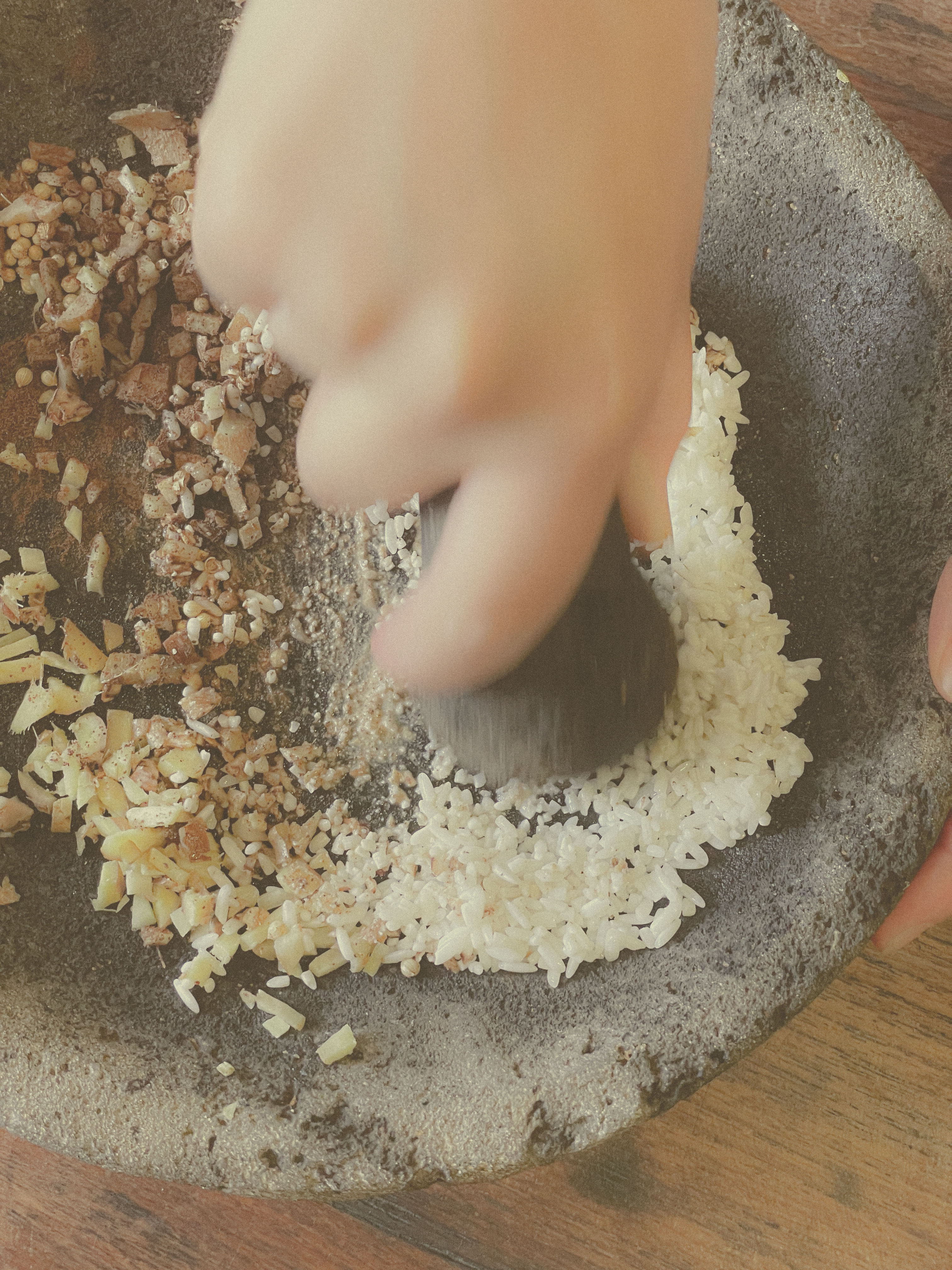

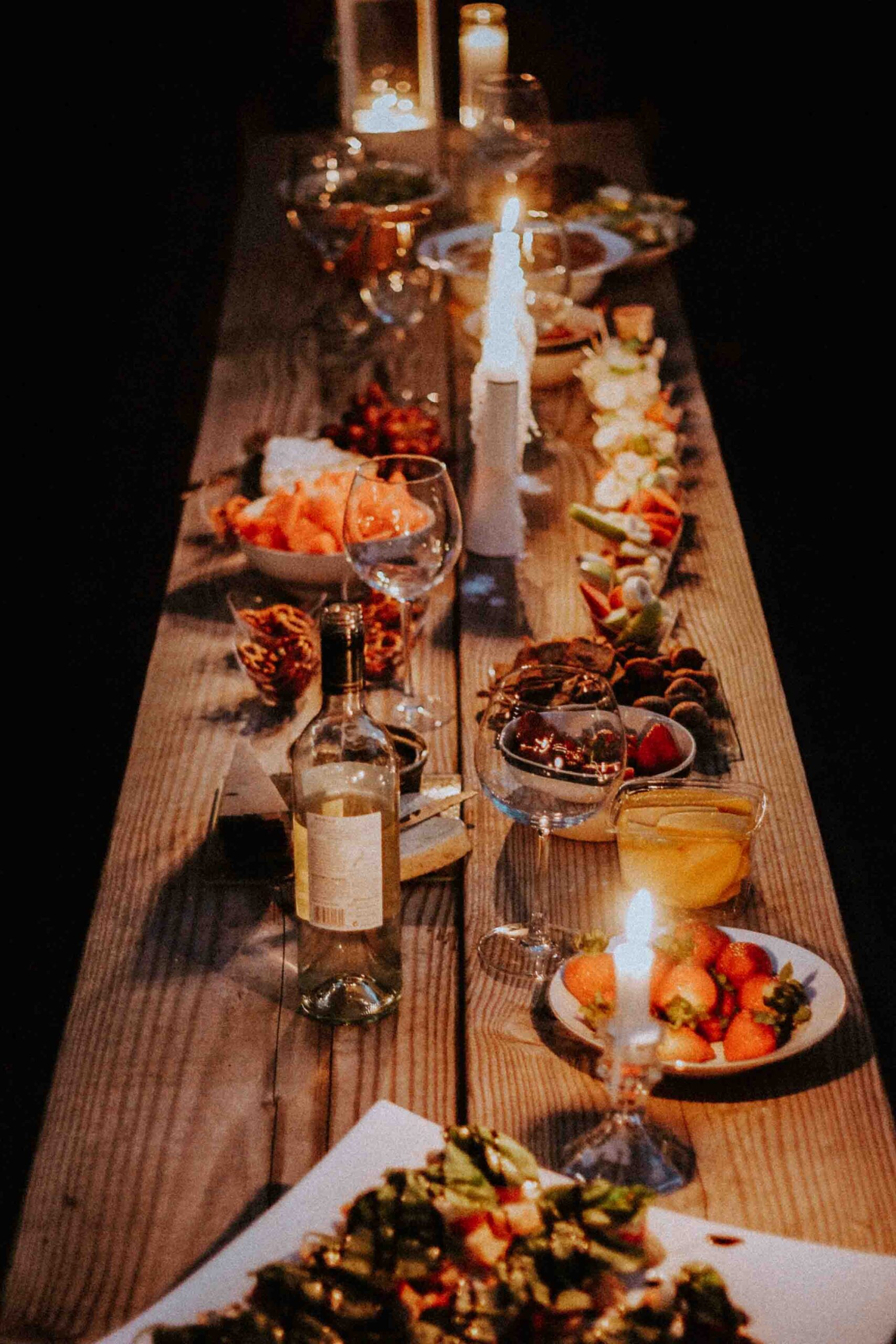
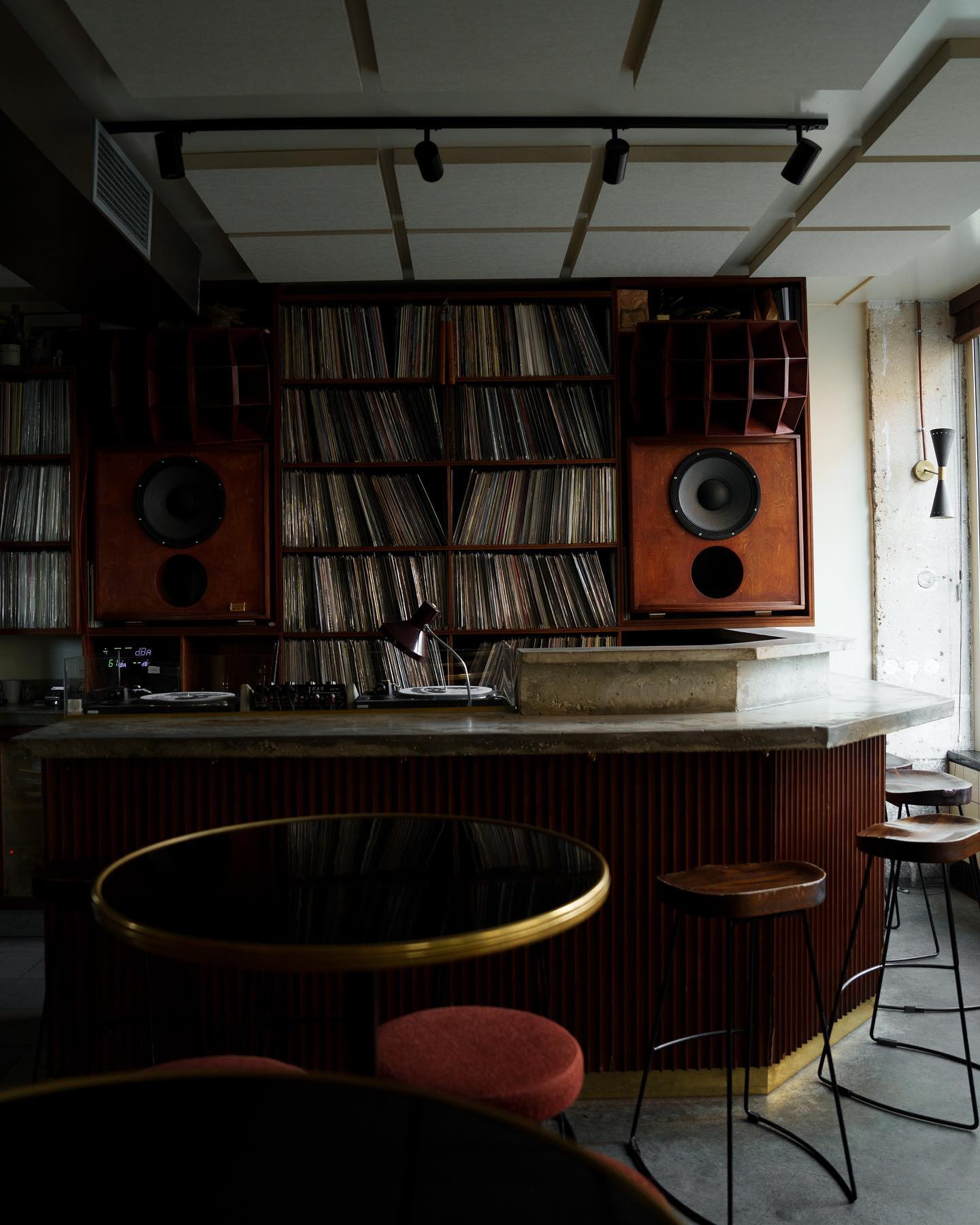
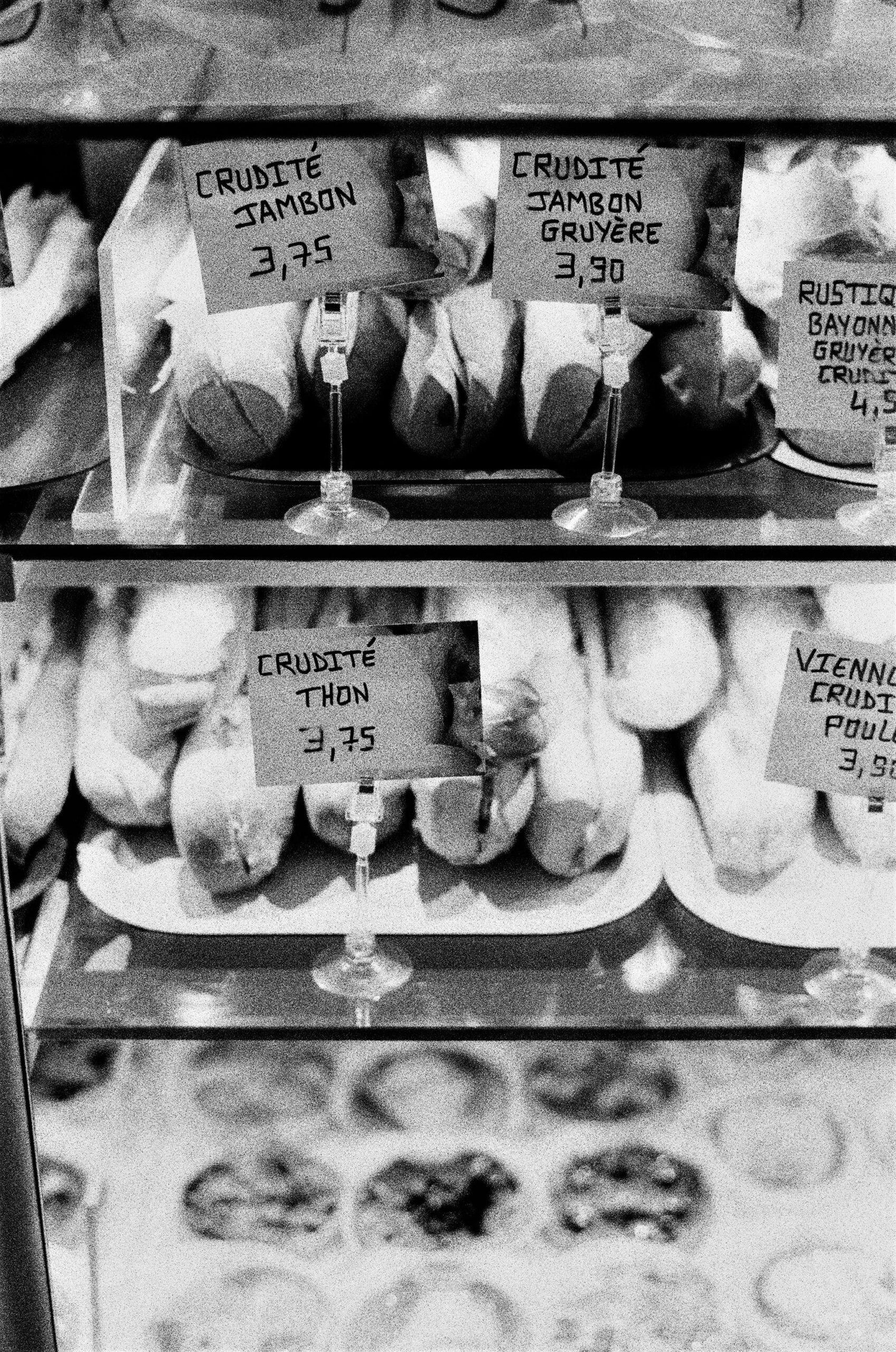
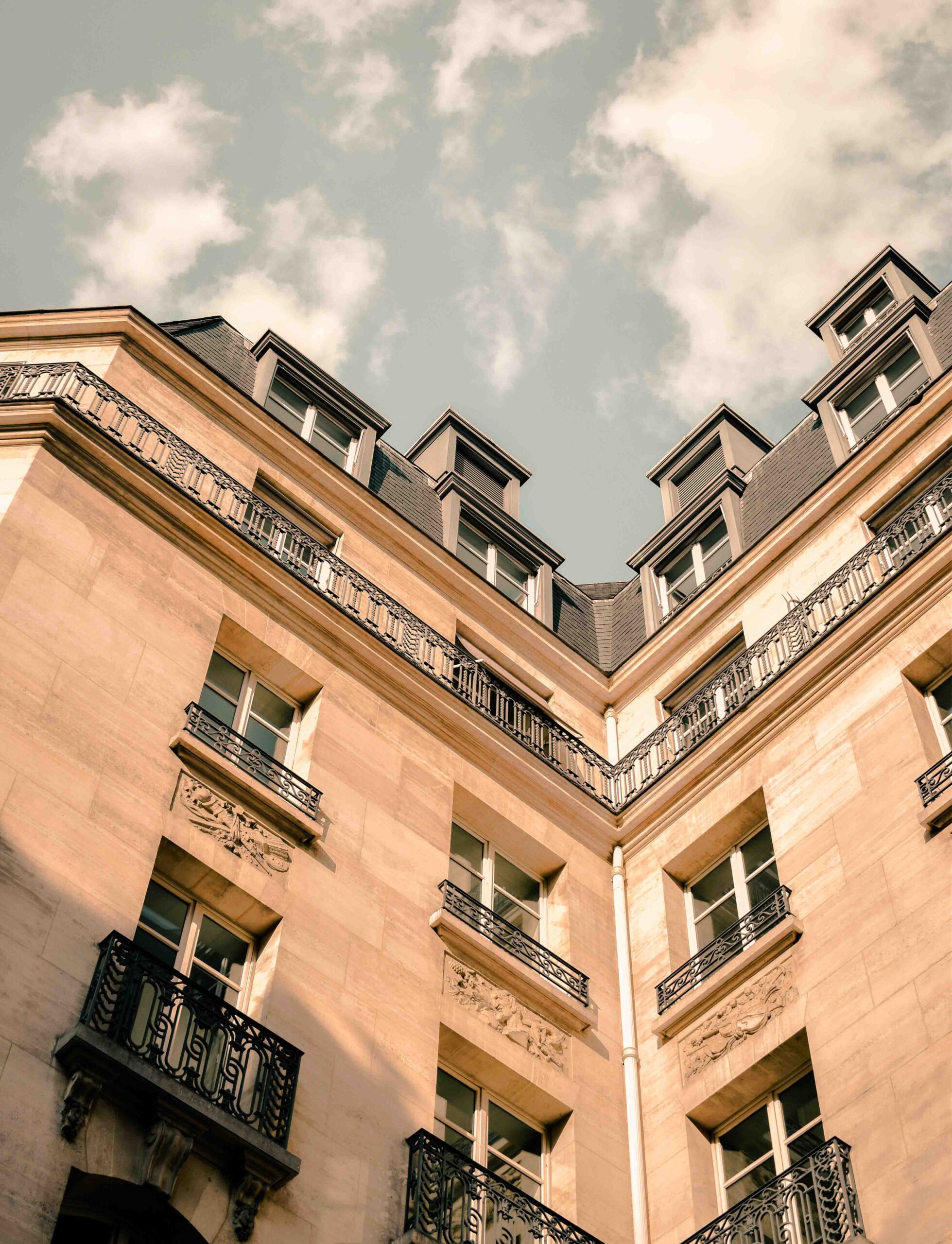
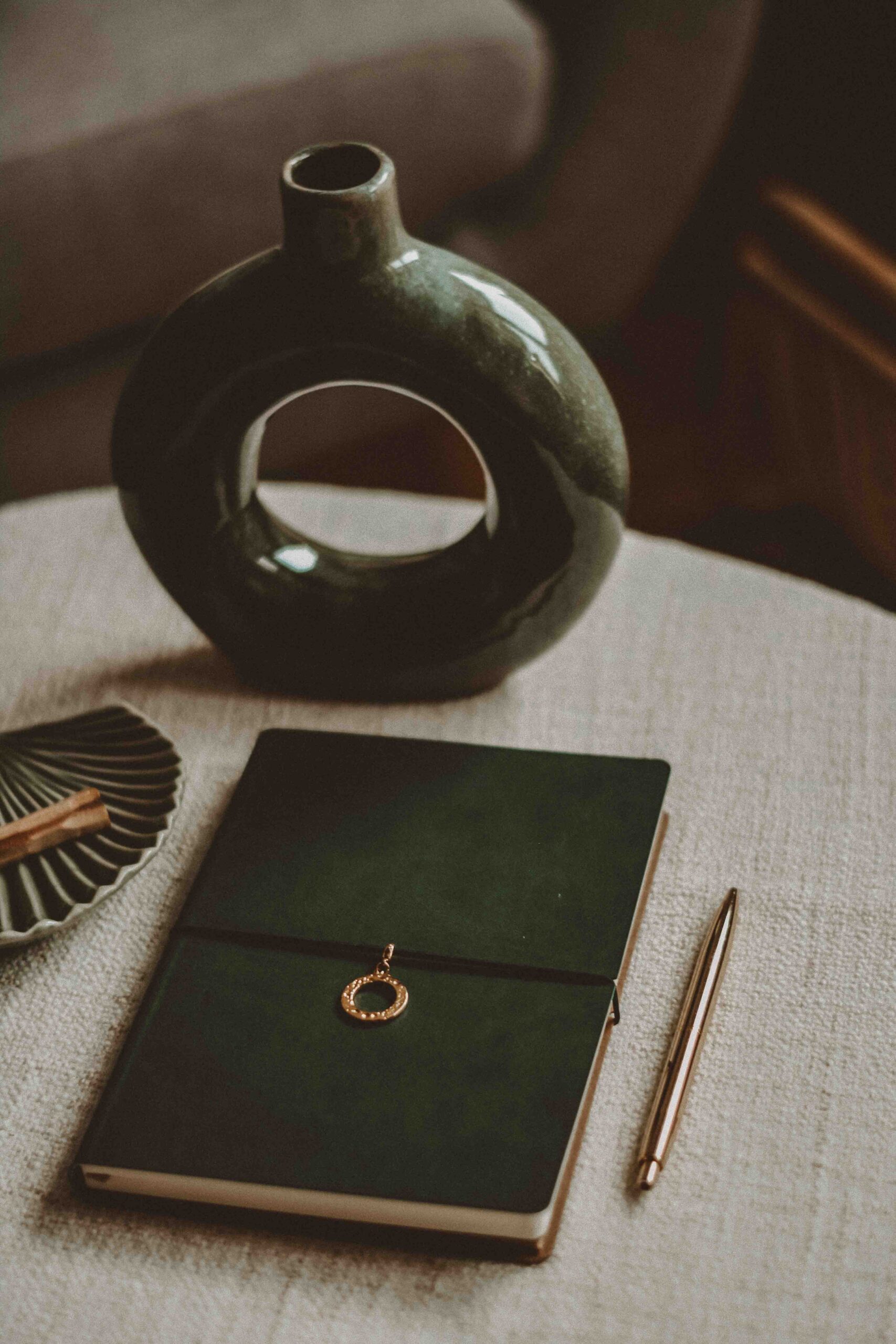

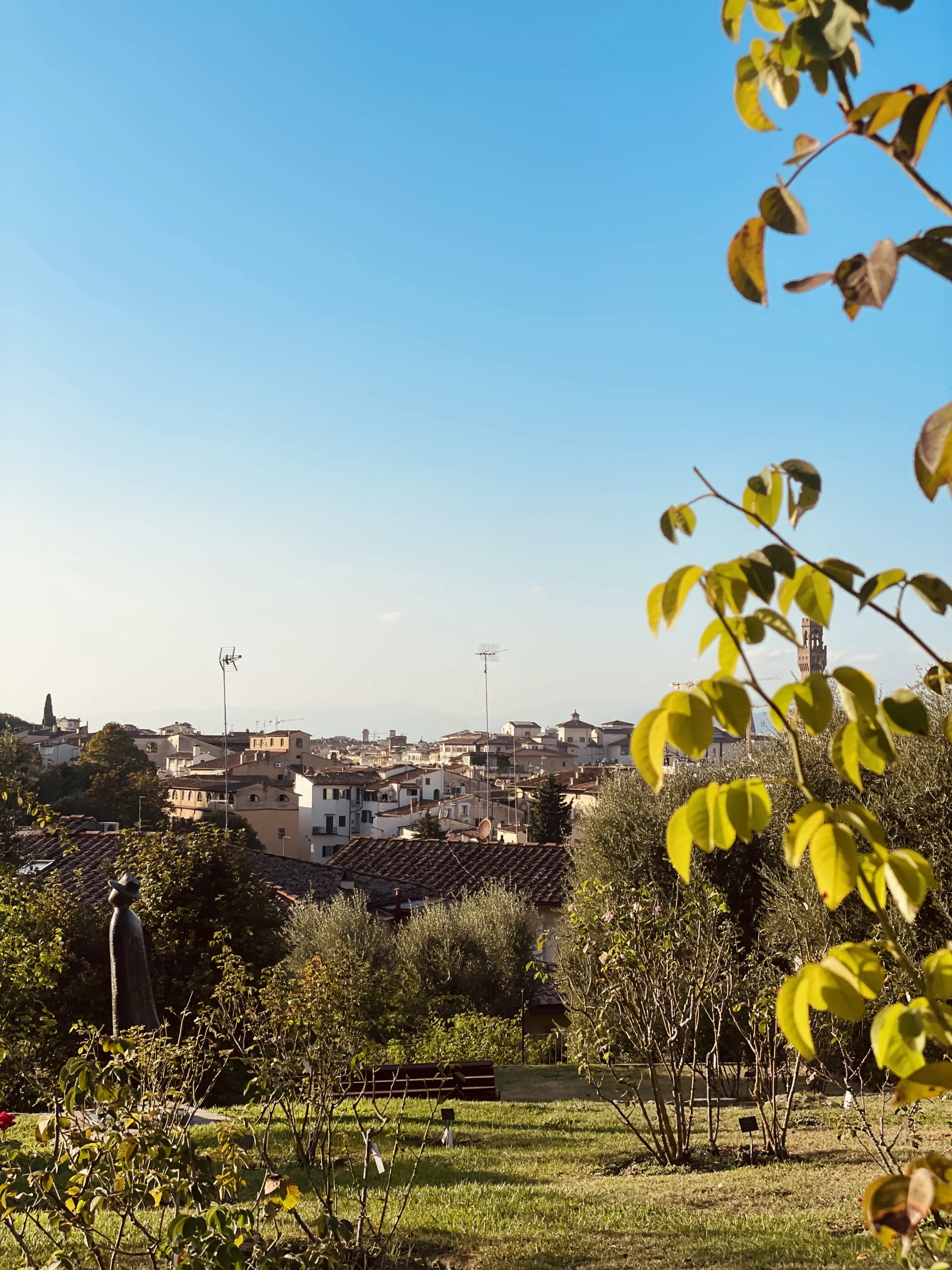
© 2023 Maia Conscious Living Privacy Policy | Gabs Nardo LLC
2 Responses
I love reading your posts. I am really impressed by the way you are doing business and I am just inspired by it!
Great tips! I love it! Thanks for sharing your content.